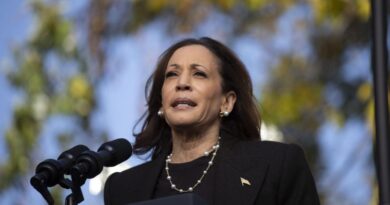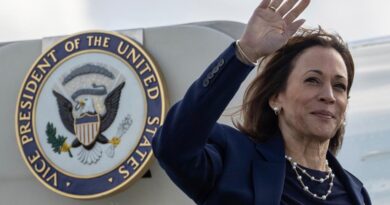Why Qatar Needs to Be Controlled

Qatar is a small country that may be hard to spot on a global map.
It is a tiny nation along the Arabian Gulf, about the size of Connecticut, with a population of over 300,000 citizens and more than two million resident aliens.
However, despite its size, Qatar holds significant global influence.
With over ten percent of the world’s natural gas reserves and estimated assets totaling over one trillion dollars, it ranks among the top five wealthiest countries per capita.
Moreover, Qatar plays a key role in international diplomacy, acting as a mediator with ties to various nations in the region.
While Qatar portrays itself as a neutral intermediary in international affairs, its underlying agenda is to promote the Muslim Brotherhood ideology.
Despite not openly acknowledging this objective, Qatar strategically invests in projects like hosting the 2022 soccer World Cup, acquiring sports teams, expanding its airline, and promoting Al Jazeera as a reputable news source.
By employing lobbyists, lawyers, and PR experts, Qatar seeks to enhance its image and influence in various capitals, including Washington.
Recent events, such as attempts to bribe European politicians and allegations of bribery involving Senator Bob Menendez, shed light on Qatar’s methods of operation.
In light of these revelations, it is crucial for the United States to reassess its relationship with Qatar and address concerns about its activities.
From undisclosed contracts with American universities to potential security implications, Qatar’s actions demand scrutiny and accountability.
Furthermore, the Biden administration’s reluctance to address Qatar’s questionable practices poses a risk to U.S. national interests.
It is imperative for the U.S. government to take a firmer stance towards Qatar, particularly in enforcing transparency in foreign donations to universities, reevaluating military presence in the country, and demanding accountability from entities like Al Jazeera.
Qatar’s actions pose a threat to American interests, and a clear response is necessary to protect national security.
David Harris, Vice Chair of ISGAP, and Charles Asher Small, Founder and Executive Director of ISGAP, advocate for a reassessment of U.S.-Qatar relations.



